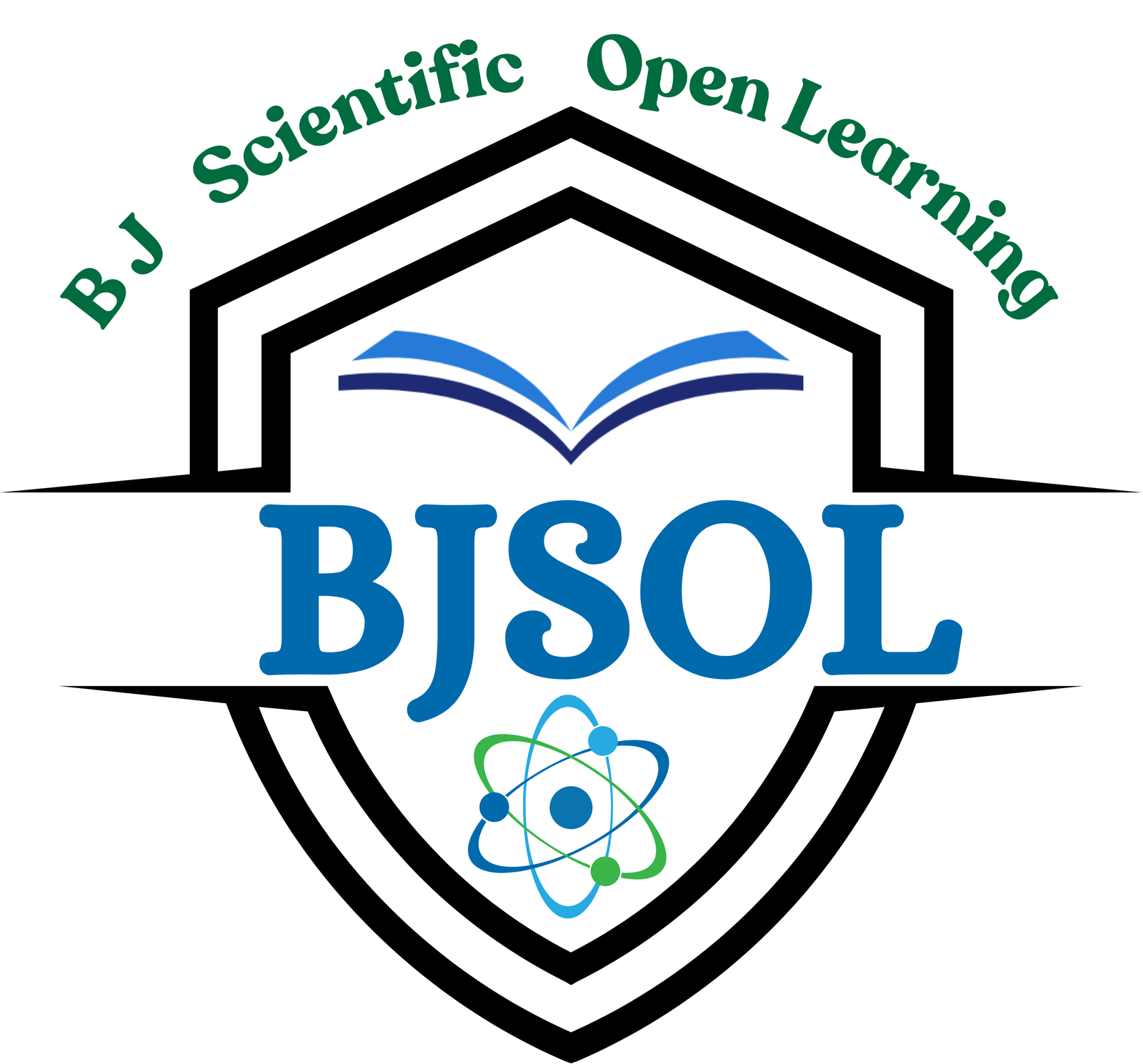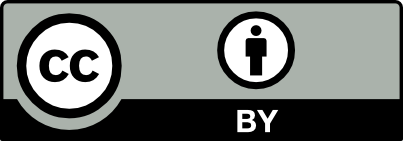Editorial Policies
The International Journal of Health Disciplines (IJHD) is committed to upholding the highest standards of academic integrity, editorial transparency, and ethical publishing practices. Our editorial policies are guided by the recommendations of the International Committee of Medical Journal Editors (ICMJE), the Committee on Publication Ethics (COPE), and the Directory of Open Access Journals (DOAJ) Best Practice Guidelines.
These policies ensure a fair, rigorous, and timely editorial process that protects the rights of authors, reviewers, editors, and readers.
Editorial Independence
IJHD operates with full editorial independence. The decisions on manuscript acceptance or rejection are made solely based on scientific merit, originality, clarity, and relevance to the journal’s scope — and are not influenced by the publisher, advertisers, or any external parties.
Authorship and Contributor Responsibilities
All authors must meet the ICMJE authorship criteria:
- Substantial contributions to conception, design, data acquisition, analysis, or interpretation
- Drafting the work or critically revising it
- Final approval of the version to be published
- Accountability for all aspects of the work
Each author’s specific contribution should be disclosed. Guest, ghost, or honorary authorship is strictly prohibited.
Conflicts of Interest
Authors, reviewers, and editors must disclose any actual or potential conflicts of interest that could influence their objectivity. Financial relationships, academic affiliations, or personal ties that could bias the work must be declared during submission or review.
Ethical Approval for Human and Animal Research
Ethical approval is mandatory for all research involving human participants and/or animals, without exception.
- For human studies, authors must:
- Provide the name of the approving ethics committee/institutional review board (IRB).
- Include the ethics approval reference number.
- Confirm that informed consent was obtained from all participants (or legal guardians where applicable).
- For animal studies, authors must:
- Provide the name of the institutional animal ethics committee that approved the protocol.
- Confirm adherence to national and international guidelines for animal care and use (e.g., ARRIVE guidelines, institutional animal care policies).
- State the ethical approval number in the manuscript.
Manuscripts that do not provide ethical approval documentation will be rejected without review.
Peer Review Integrity
IJHD follows a double-blind peer review process to ensure objectivity:
- Authors and reviewers remain anonymous to each other.
- All manuscripts are initially screened by the editorial team.
- Suitable submissions are assigned to at least two independent experts in the field.
- Final decisions (acceptance, revision, or rejection) are made by the Editor-in-Chief based on reviewers’ evaluations and scientific quality.
IJHD reserves the right to reject submissions at any stage if they fail to meet ethical, scientific, or formatting standards.
Plagiarism and Similarity Check
All submissions are screened using plagiarism detection software (Similarity Check by crossref, Turnitin, or iThenticate) prior to peer review. The acceptable similarity index is below 15%, excluding references and methods.
Plagiarism, fabrication, falsification, image manipulation, or duplicate publication will result in immediate rejection and potential reporting to the authors’ institution.
Data Sharing and Reproducibility
Authors are encouraged to share underlying data where possible and applicable. Where datasets, code, or protocols are central to the findings, authors should:
- Include them as supplementary materials
- Deposit them in open repositories
- Provide access on request for verification or replication
Corrections, Retractions, and Expressions of Concern
IJHD follows COPE guidelines for handling post-publication issues:
- Correctionsare issued for honest errors that do not invalidate the article.
- Retractionsare issued when findings are unreliable due to misconduct or major errors.
- Expressions of concernmay be published when an investigation is ongoing.
All changes are made transparently with clear labeling.
Archiving and Digital Preservation
The International Journal of Health Disciplines (IJHD) is committed to ensuring the long-term accessibility and preservation of its scholarly content. To safeguard against loss and ensure continued availability, IJHD participates in digital preservation through the Public Knowledge Project Preservation Network (PKP PN).
This service securely archives all published articles in multiple global locations, ensuring that the content remains accessible even in the event of technical failures or other disruptions.
Open Access and Licensing
IJHD is an open-access journal, meaning all content is freely available without charge to users or institutions. Articles are published under a Creative Commons Attribution (CC BY) license unless otherwise stated, allowing unrestricted reuse with proper attribution.
Editorial Misconduct
Editors and reviewers are expected to act with integrity and avoid any form of bias, coercion, or improper influence. Editors with conflicts of interest related to a manuscript will recuse themselves from decision-making for that submission.
Advertising and Sponsorship
IJHD does not accept paid advertising or sponsored content that may compromise editorial independence or influence peer review or publication decisions.
AI Usage in Manuscripts
Authors must clearly declare whether AI tools (e.g., ChatGPT, Grammarly, etc.) were used in the writing or analysis process. Such use must be disclosed and properly attributed. However, AI tools must not be listed as authors and cannot take responsibility for the work. IJHD prohibits the use of generative AI for creating fabricated data or references.
(Refer to our full AI Use Prohibition Policy)
Multiple, Redundant, or Concurrent Submissions
Manuscripts must not be under review elsewhere or previously published. Redundant or overlapping submissions are considered unethical and will be rejected or retracted.





